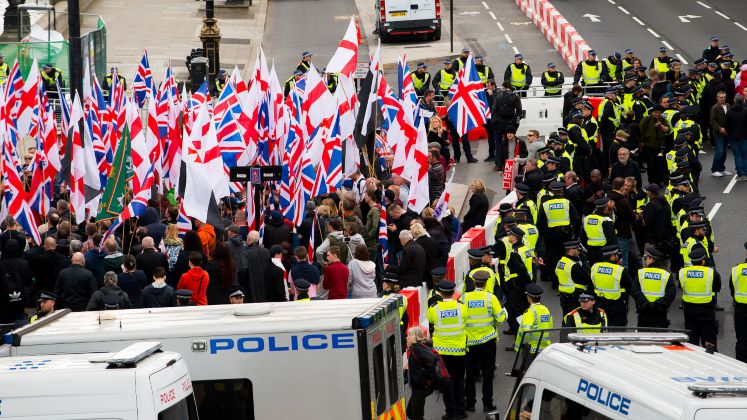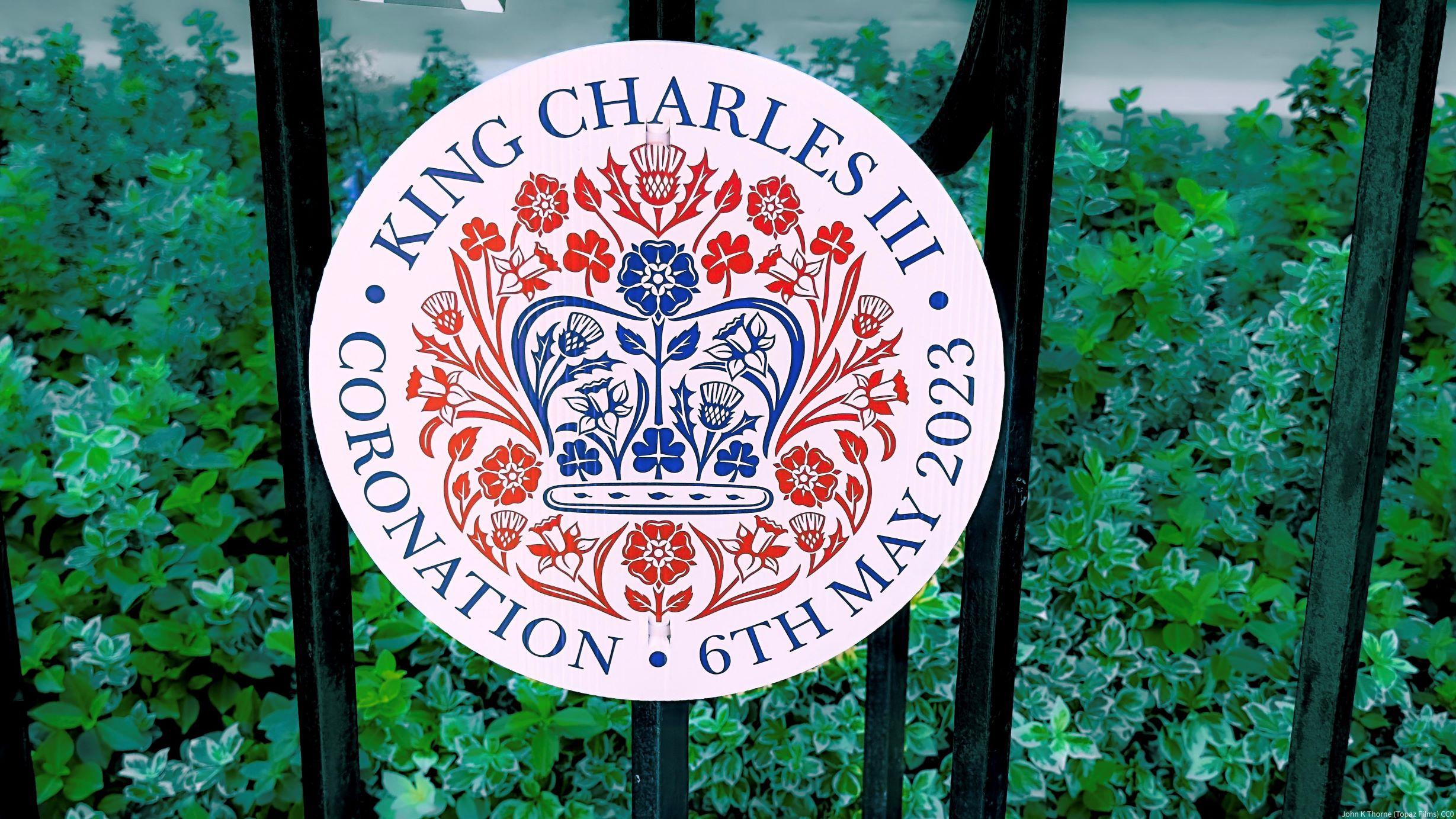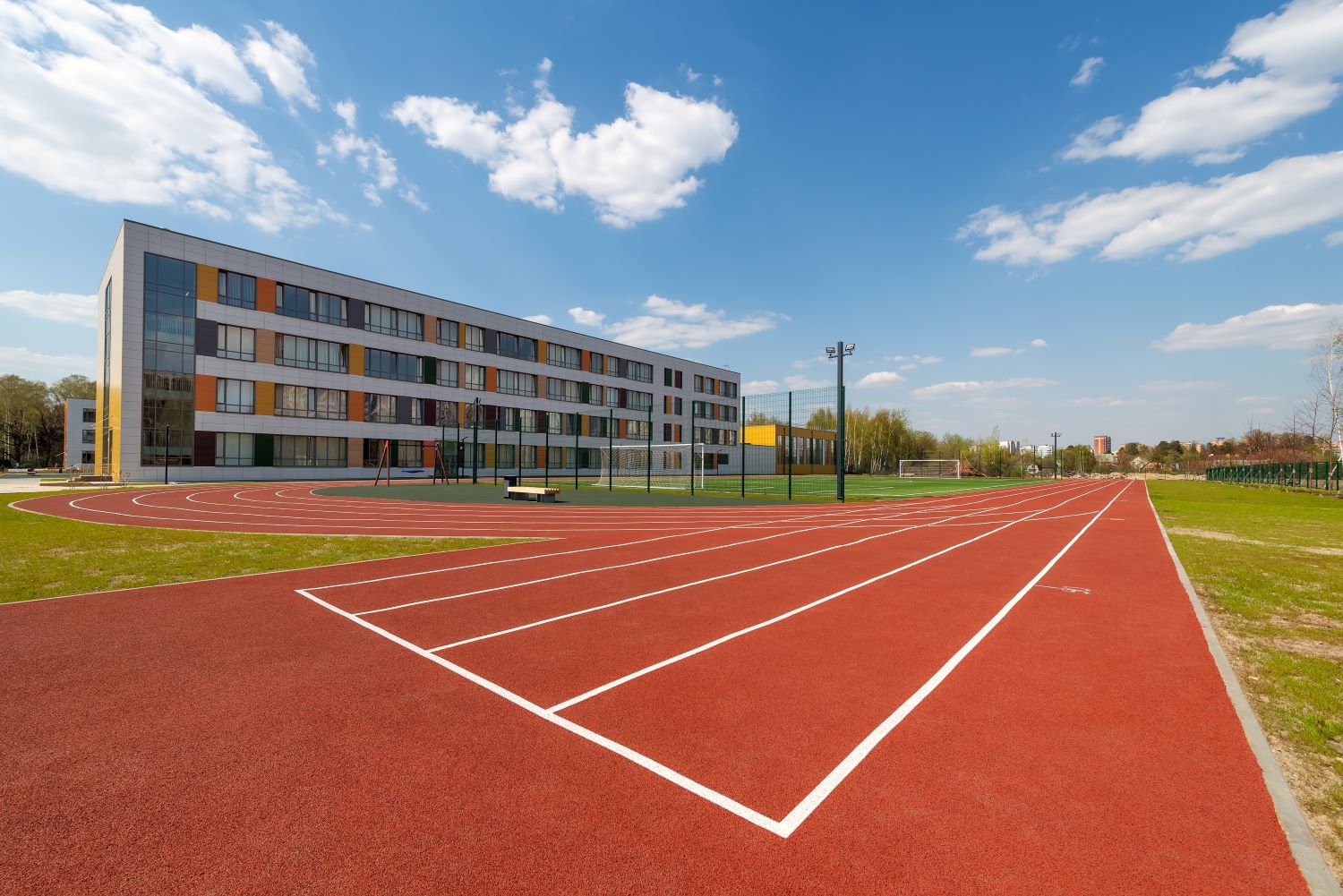 Georgina Perry is Service Manager for Open Doors, a free service providing sex workers access to health care, advocacy and support. Here she argues that the recurrent link claimed between sex-trafficking and large sporting events like the Olympic Games has no basis in evidence. The resulting brothel closures in East London as a result of the 2012 Olympics turned up little evidence of trafficked women and led to a damaging breach in trust between service providers and female sex workers.
Georgina Perry is Service Manager for Open Doors, a free service providing sex workers access to health care, advocacy and support. Here she argues that the recurrent link claimed between sex-trafficking and large sporting events like the Olympic Games has no basis in evidence. The resulting brothel closures in East London as a result of the 2012 Olympics turned up little evidence of trafficked women and led to a damaging breach in trust between service providers and female sex workers.
In this audio extra, Georgina speaks to Digital Editor, Cheryl Brumley, about the arrival of anti-trafficking lobbies in the preparation for the Olympics and also about the very complicated environment around practice and ideology in the prostitution policy arena.
[jwplayer mediaid=”35754″]
The hyperbole surrounding The 2012 Olympic Games and other international sporting events has lead to a diversion of resources away from enshrined public health principles that challenge poor health and social inequality. Worse still, as a result of the Olympic story, highly regarded public health strategies that support sex workers now face erosion through an increased pressure to rescue and rehabilitate people from the sex industry.
About three and half years ago, the 2012 Olympic juggernaut began rolling into town and the first spate of meetings were organised to agree on some of the potential risk factors associated with the Games. It then became apparent that the most eager to attach themselves to the issue were the anti-trafficking NGOs. At this stage, there was still a belief that the Olympic project could be a cash cow and that, when it came, resources would follow. Those early meetings included a veritable smorgasbord of charities, media representatives and law enforcement units, all determinedly talking up the ‘inevitable’ spike in forced prostitution and sex trafficking that was going to happen as the Olympic vehicle lumbered into the East End. Each representative would speak at length on how ‘without a clear anti-prostitution strategy, specialist units, targeted media campaigns and trained experts on standby to rescue and rehabilitate’ London 2012 would be shamed by the legion of sex slaves brought to the capital to service the tide of rampant sports fans hell-bent on buying sexual services during the summer of 2012.
In 2010, a specialist police unit was awarded £600K to focus on finding and rescuing victims of sex trafficking. Included in their role was the training and support of local borough police units to increase the numbers of brothel closures. That same year, the implementation of the UK Crime and Policing Act plus the brothel closures in the Olympic host boroughs meant that the disruption for sex workers in London became intolerable. People in the sex industry didn’t go away. Instead, they simply stopped contacting services for support. Getting access into flats and saunas for sex worker support services became increasingly difficult. However, what was worse was that when women were robbed, or beaten, or raped by criminals, they were so frightened of the police reaction to them as sex workers that these serious and vicious crimes often went unreported.
A new survey conducted by Open Doors of just over 100 London sex workers and the impact of the London Olympics on their trade further refute claims about wide scale sex trafficking and increased prostitution during The Games. Of the sex workers surveyed, 93 per cent said they did not come to London specifically seeking Olympic trade. Furthermore, a majority of the women surveyed (58 per cent) reported that they had fewer customers during the Olympics.
The short survey supports the general trend seen by the service in the 2 years leading up to the Olympic games. Large-scale brothel closures (particularly in the East End of London) saw fewer sex workers making contact with support services. Furthermore during the games period itself business was virtually non-existent.
The majority of women (58 per cent) say that they had fewer customers during the six week Olympic period with 33 per cent saying that they noticed no discernable difference in client numbers. Whilst 45 per cent of the women surveyed stated that they had experienced more brothel closures/police raids than usual, 37 per cent said that they had noticed no change in police activity. A small number (7 per cent) said that they had come to London to sex work for the duration of the Olympics. On further examination, 5 of these respondents were from Romania, one from the UK and one from Brazil. None of the women indicated that they had migrated to the UK specifically for sex work, but that they had been working elsewhere and made their way to the capital for the Olympic period. Finally 84 per cent of the women had been engaged in sex work before the London Olympics
The Olympics/Prostitution story is an example of how NGO’s, law enforcement agencies and government all stood to gain from talking up a story that was never going to be a reality. There has been wholesale enforcement against prostitution across the capital. Specialist police units were established and considerable public money used for media campaigns and to fund ‘trained experts’ who were on standby to ‘rescue and rehabilitate’ sex workers. Such was the determination to talk up the likelihood that London 2012 would be shamed by ‘sex slaves’ brought to the capital to service the tide of rampant sports fans that the media (hungry for any story it could attach to the Olympic games), indulged in licentious journalism, in turn perpetuating sexual and racial stereotypes around prostitution and showing complete disregard for the broad spectrum of human trafficking.
A two-tier notion of victimhood became apparent in London. A ‘real’ victim was one who was trafficked or involved in prostitution against her will, would accept being rescued and was willing to cooperate with the police or anti-trafficking agencies. A criminal was a prostitute who, regardless of the law and prevailing moral attitudes, continued to sell sex and came to the attention of the police if she tried to report a crime against her, resulting (more often than not) in the examination of her behaviour, finances and relationships to such an extent that to report a crime – however serious – was simply too much of a risk.
The Olympics and sex trafficking discourse was simplistic. It created a ‘mythology’ and set of ‘magic bullets’ that too many people, without question, bought into. Now support services are left to pick up the pieces and it’s going to take us a long time to restore sex worker faith in institutional support. Where once the relationship between sex worker services and clients was good, it is now broken. We are now viewed with suspicion as ‘do-gooders or enforcers’. Where once sex workers may have felt it possible to report crimes against them to the police, there is now a dangerous and distrustful environment in London with crimes going unreported for fear of repercussion.
This article was originally published at the Trafficking Research Project.
Note: This article gives the views of the author, and not the position of the British Politics and Policy blog, nor of the London School of Economics. Please read our comments policy before posting.








Thank you, Georgina Perry, for enlightening us on the misguided connection between major sports events and sex trafficking. Your insights into the 2012 Olympics shed light on the detrimental impact, disrupting support services for sex workers. Your call for evidence-based policies is crucial to rebuilding trust and ensuring effective support.